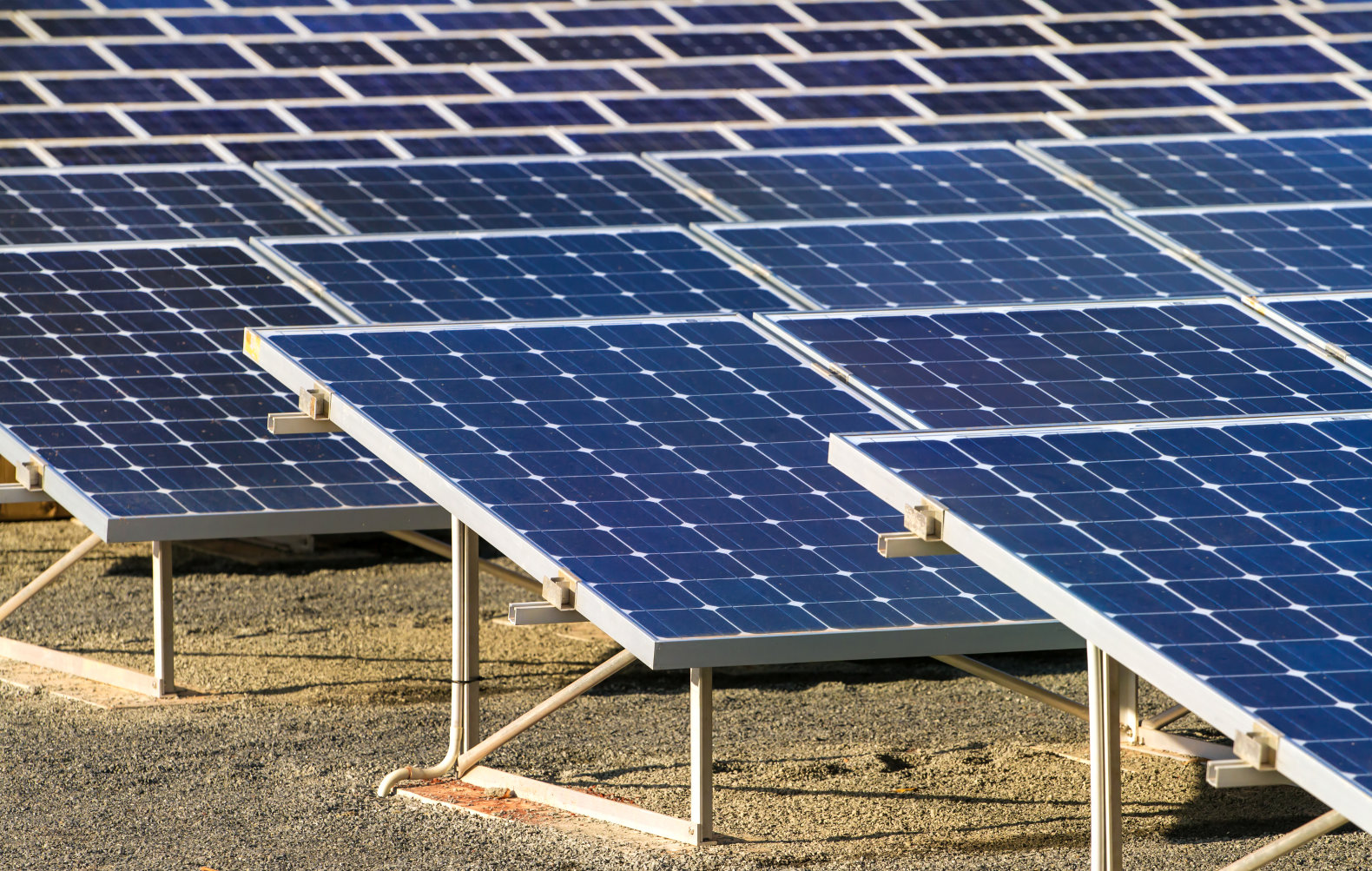Power producer Kenya Electricity Generating Company (KenGen) has approached the World Bank, French Development Agency (AFD) and KfW of Germany for US $57m funding to construct its first solar-powered station.
“We have finished feasibility studies for the project and we’re now seeking funding from the traditional lenders for the State-owned power firm,” said KenGen business development director Moses Wekesa.
The proposed 45 MW plant named the Seven Forks Solar project, will sit on 100 hectares of land with the construction process expected to take 14 months. It will be located in Embu near the company’s hydroelectric power stations.
Also Read:South Africa reaches a US $491m financial deal for four renewable energy projects
Feed-in-tariff
Upon securing the funds and preparing the engineering, procurement and construction (EPC) contract, the firm will then sign a power purchase agreement (PPA) with electricity distributor Kenya Power who will indicate the tariff at which KenGen will sell the electricity to Kenya Power for onward retail to homes and businesses.
Kenya adopted the feed-in-tariff in 2008 as a policy instrument to attract investors in the renewable energy space as an alternative to expensive diesel-generated electricity.Kenya Power is obligated to buy electricity generated under feed-in-tariff — which covers smaller renewable power plants. The feed-in-tariff for solar projects between 10 and 40 MW stands at US $0.12 per unit. This means KenGen’s 45 MW plant is not bound by the predetermined tariff.
Presently, KenGen has total power capacity of 1,631 MW, out of which half is hydro power (818 MW), geothermal (534 MW), followed by thermal (254 MW) and wind (25 MW). Strathmore University in Nairobi is the only institution that has connected its 0.6MW solar power plant to the national grid.

Leave a Reply